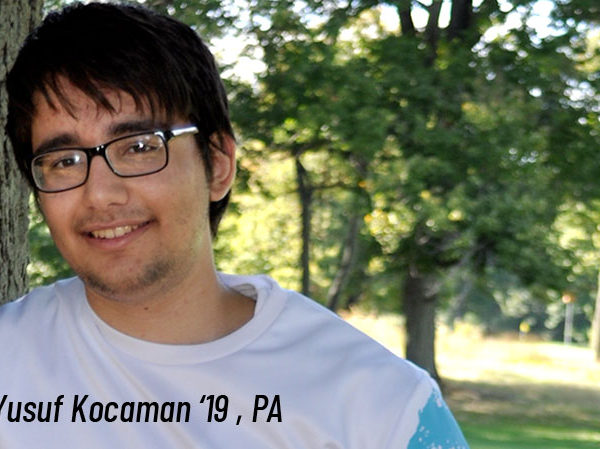Daryl Davis is an American musician, actor, and — you guessed it — a lecturer who deals with racism. Davis has been working to improve race relations, engage in dialogue, and befriend members of the KKK for over 30 years.
It all started in 1983 when he was playing Western music in a white bar, and a patron came up to him and said it was the first time he “heard a black man play as well as Jerry Lee Lewis.”
Davis explained to the man that “Jerry Lee Lewis learned to play from black blues and boogie woogie piano players and he’s a friend of mine.” The man then slowly got closer to Davis and over a drink he admitted that he was a member of the KKK. The two men eventually became friends and the man gave him contact information on KKK leaders.
A few years later, Davis decided to interview Klan members and write a book on the subject. One of the motivation for Davis to write such a book is to find a question that lingered in his head since his childhood: “Why do you hate me if you know nothing about me?” This was a question that was left unanswered during his youth.
He once had a meeting with the Grand Dragon of the KKK in Maryland, Roger Kelly, where he told the secretary to conceal his race when he was arranging the meeting. The meeting took place at a motel, to where Kelly arrived with an armed bodyguard. Davis later became friends with the man.
From that moment on, Davis befriended and convinced 200 KKK members to give up their robes, chronicling many of these episodes in his numerous books.
A Muslim immigrant from Bangladesh has taught us how love can be an antidote to hate, and how violence against violence is not the answer to our ills.
Rais Bhuiyan’s story starts nearly two decades ago, when he first came to the U.S. as an immigrant. In one of his talks, he tells about his experience as he was first coming to the U.S. from Bangladesh, just three months before the 9/11. The pilot of the plane he was flying let him go up to the cockpit and that they had a friendly conversation. He says that something like this happening today is almost impossible and that he can’t even speak Arabic because it is considered as a security threat.
After 9/11, he spoke about an incident in which a man, holding a gun, walked into a store of a gas station he was working at. Thinking it was a robbery, Rais offered him the money in the cash register. The gunman asked him where he was from and even before he could reply, he shot him in the face. Rais lost one of his eyes. His assailant was convicted of murder and was sentenced to death. Luckily, he survived, unlike two of his friends in the gas station.
What Rais did next was very inspiring. Instead of watching him be killed and going on with his life, he fought for his assailant to not be executed. He thought that violence wouldn’t be solved with violence and that this person had to be taught.
When his assailant found out about him fighting for him not to be executed, he wrote a letter telling Rais that he was sorry and that whoever raised him raised him right.
When he was going to be executed he wished to talk with Rais. Rais told him that he never hated him and responded: “I love you bro.” It is amazing how someone who wanted to kill Rais out of hatred was saying that he loved him and even called him brother. Rais then founded a website called “worldwithouthate.org”, where he is fighting against hate.
I think that this is a very touching and powerful story. Just by not hating and loving, he changed the mindset of a man who, if not for the love, might have gone to his grave with full of hate. But with a single act of kindness, this man’s mind was changed forever — even though he was eventually executed.


